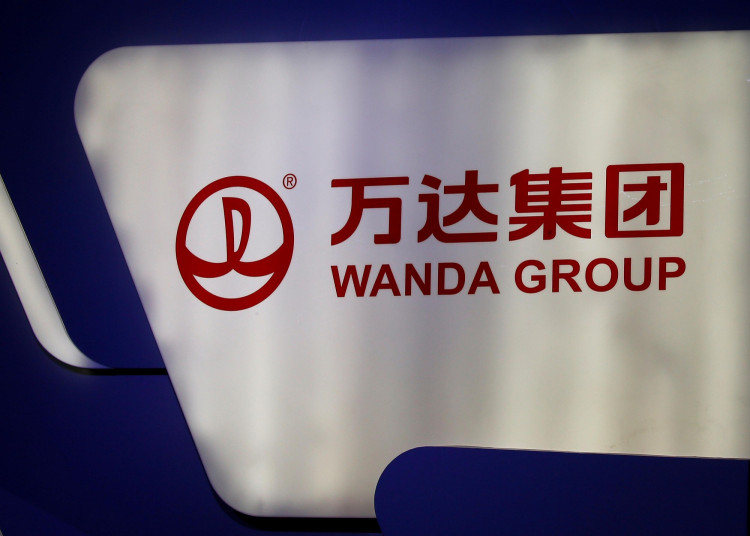In a sudden and mysterious turn of events, Ding Benxi, the once formidable former president of Wanda Group and the second-in-command to billionaire Wang Jianlin, has reportedly disappeared. For over three months, Wanda Hotel Development, a subsidiary of the Wanda Group, has been unable to contact Ding, leading to widespread speculation and concern over his whereabouts and wellbeing.
Wanda Hotel Development disclosed Ding's disappearance in an announcement on December 18, stating that they had lost contact with him since September 1, 2023. This announcement came as a shock to many, considering Ding's prominent role in the company and his close association with one of China's most influential business tycoons. The company did not provide any details regarding the circumstances leading to Ding's disappearance, leaving room for speculation and uncertainty.
Ding Benxi, a graduate of Renmin University of China, joined Wanda Group in 2001 and rapidly ascended the corporate ladder. He played a pivotal role in the company's expansion and diversification, particularly during the period when Wanda began to shift its focus away from real estate development. Under Ding's leadership, Wanda Commercial and Wanda Cinema were successfully listed, and the company experienced years of substantial growth, transforming from a modest enterprise into a national powerhouse with nearly 300 billion in annual revenue.
Despite his retirement in January 2020, Ding's influence and legacy within Wanda Group remained significant. His departure from the day-to-day operations marked the end of an era and the beginning of a new chapter for the company, with Qi Jie taking over as the President of Wanda Group and Chairman and President of Wanda Commercial Management.
The news of Ding's disappearance comes at a tumultuous time for Wanda Group, which recently faced a financial crisis that forced Wang Jianlin to cede absolute control of the company to preserve its reputation in the capital market. The real estate giant has been navigating through a challenging market environment, with veteran executives retiring and new capital entering the fray.
As the industry and the public await further information, the situation raises questions about the pressures and complexities faced by high-profile executives in China's cutthroat corporate world. Ding's disappearance not only leaves a void in Wanda Group's leadership but also underscores the unpredictable nature of the business landscape in the country.
The case of Ding Benxi will undoubtedly continue to attract attention as stakeholders, industry observers, and the public seek clarity and answers. Wanda Group's future trajectory and how it navigates through these uncertain times will be closely watched by many.






